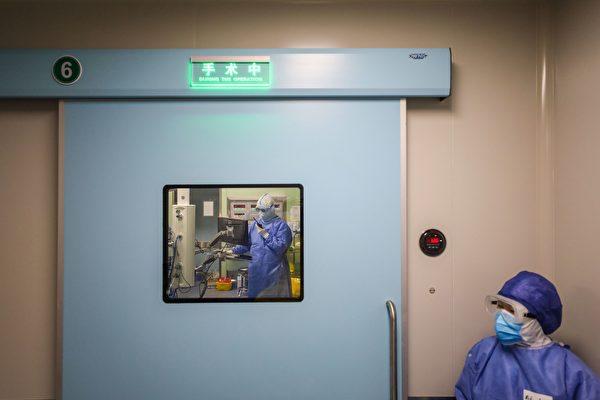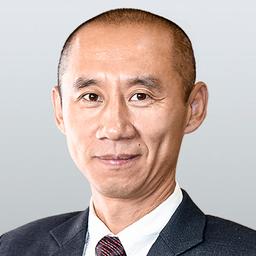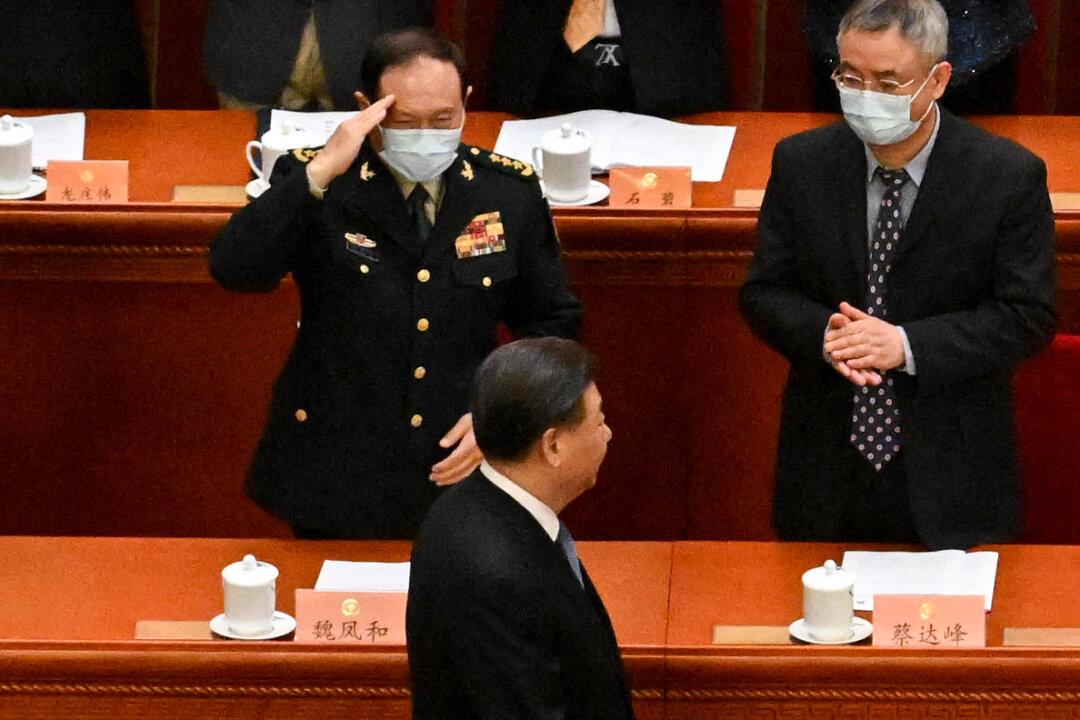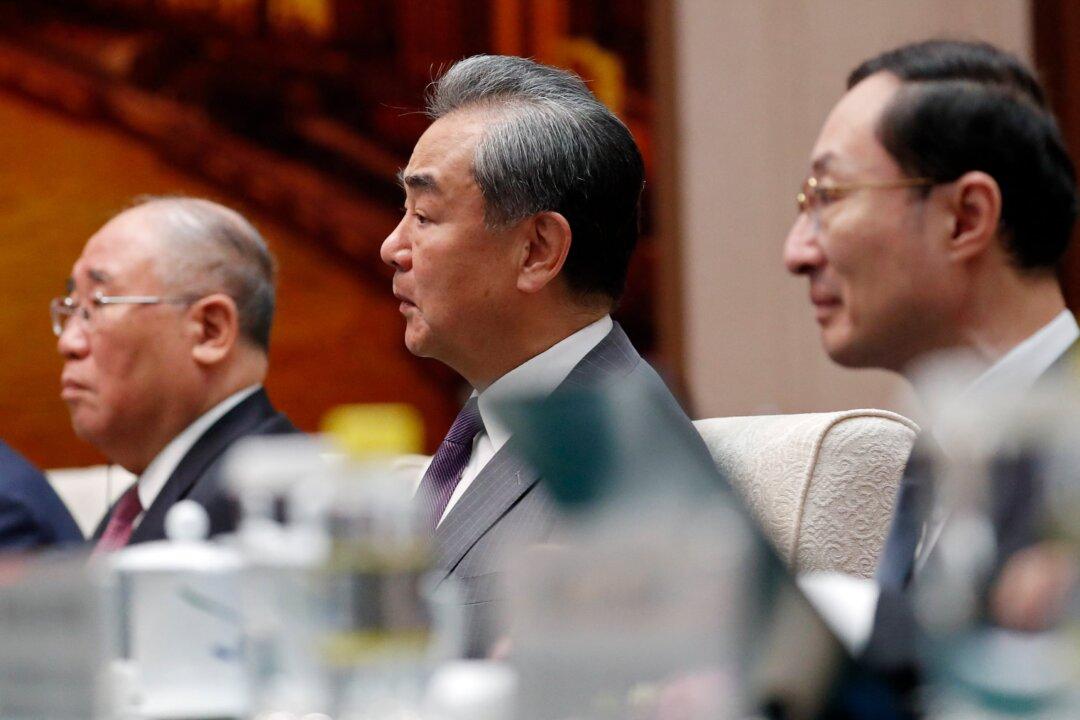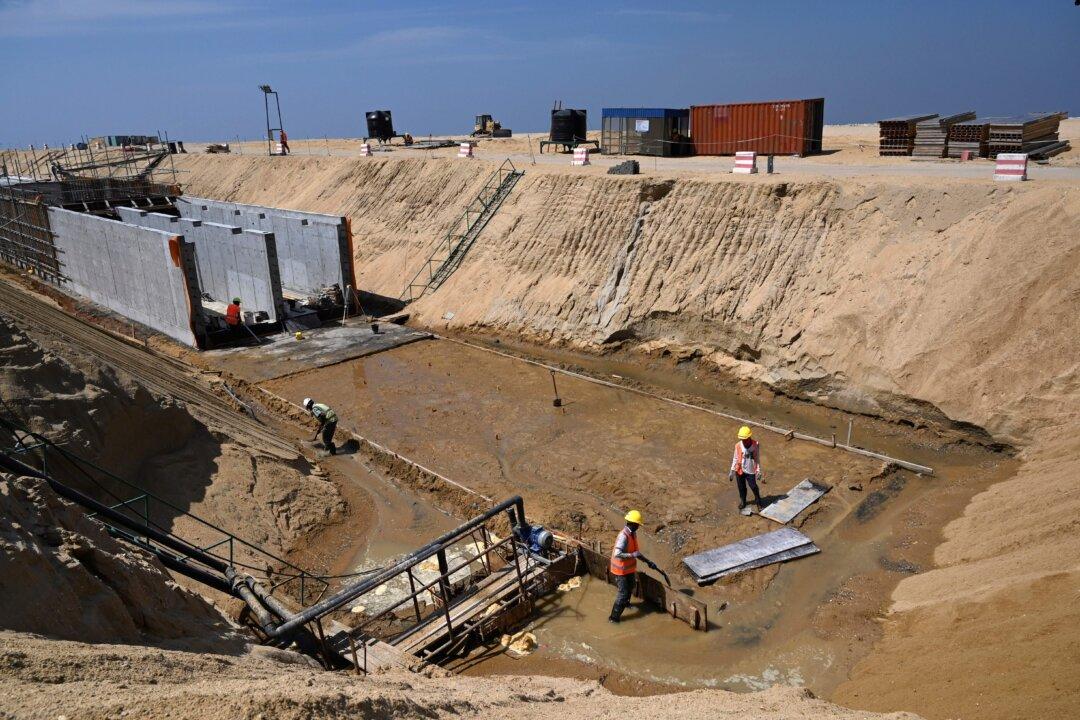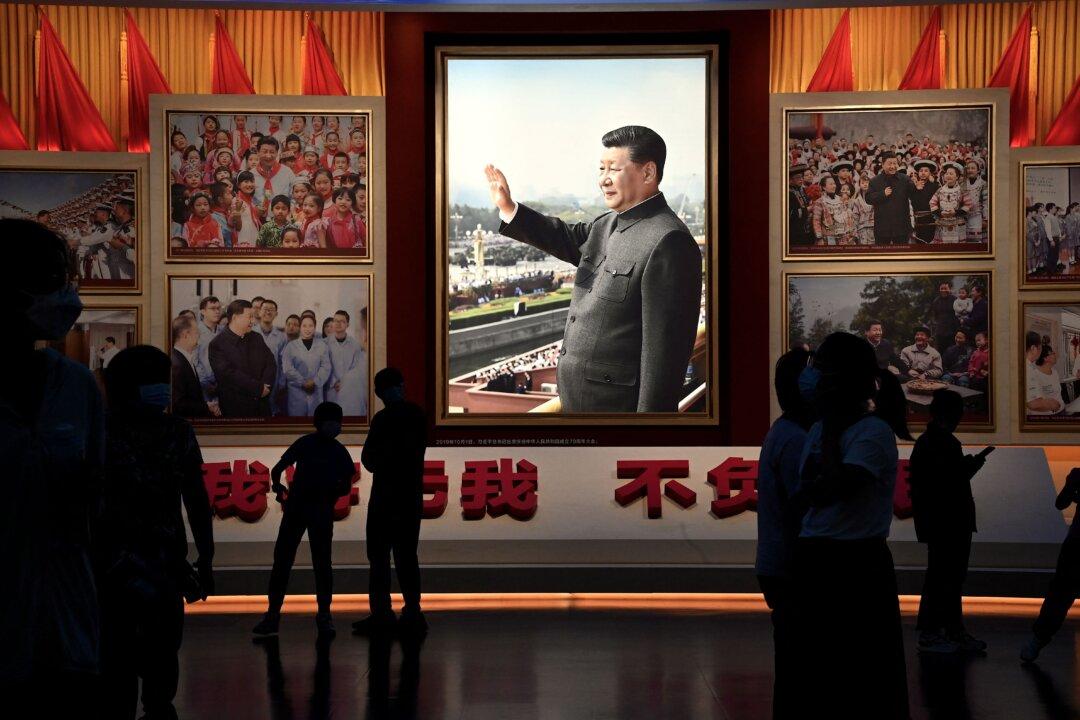A teacher at Lanzhou University in China recently received a heart transplant four days after being placed on the donor waitlist. The waiting period for a heart transplant in the United States is 180 days to years. The short wait period in China has aroused suspicions of forced organ harvesting.
On May 6, Mu was transferred to China’s top organ transplant hospital, the Wuhan Union Hospital, which is affiliated with the Tongji Medical College of Huazhong University of Science and Technology. He was placed on the waitlist for a donor heart.
Only four days after entering the hospital a suitable donor heart was obtained and the transplant was completed. After his surgery, Mu was transferred to the intensive care unit.
The source of donated organs is strictly regulated in the United States, and the transplant waitlist can be viewed online. But in China, the source of donated organs and transplant wait lists are kept secret.
Mu’s fast heart transplant was not a matter of luck or coincidence. In China, there is a growing body of evidence to suggest the Communist regime keeps in reserve healthy individuals for use as organ donors.
Consider the story of Sun Lingling, a 24-year-old woman who became the subject of media reports in mainland China for her rapid heart transplant.
On the 25th, Sun’s condition had noticeably improved just as the final two donor hearts arrived. The third heart, from a local female, was also rejected. The heart finally chosen was from a 33-year-old male who lived hundreds of kilometers away.
Within just 13 days, Sun had four hearts available for her surgery. She would live on, while the four donors did not.
On April 4, 2021, the World Organization to Investigate the Persecution of Falun Gong (WOIPFG) released an investigative report stating there are suspicions that the hospital is participating in the crime of harvesting the organs of living Falun Gong practitioners and other prisoners persecuted by the CCP.
He calls Sun’s case “beyond explanation.” It “rather follows an ‘on-demand system.'”
